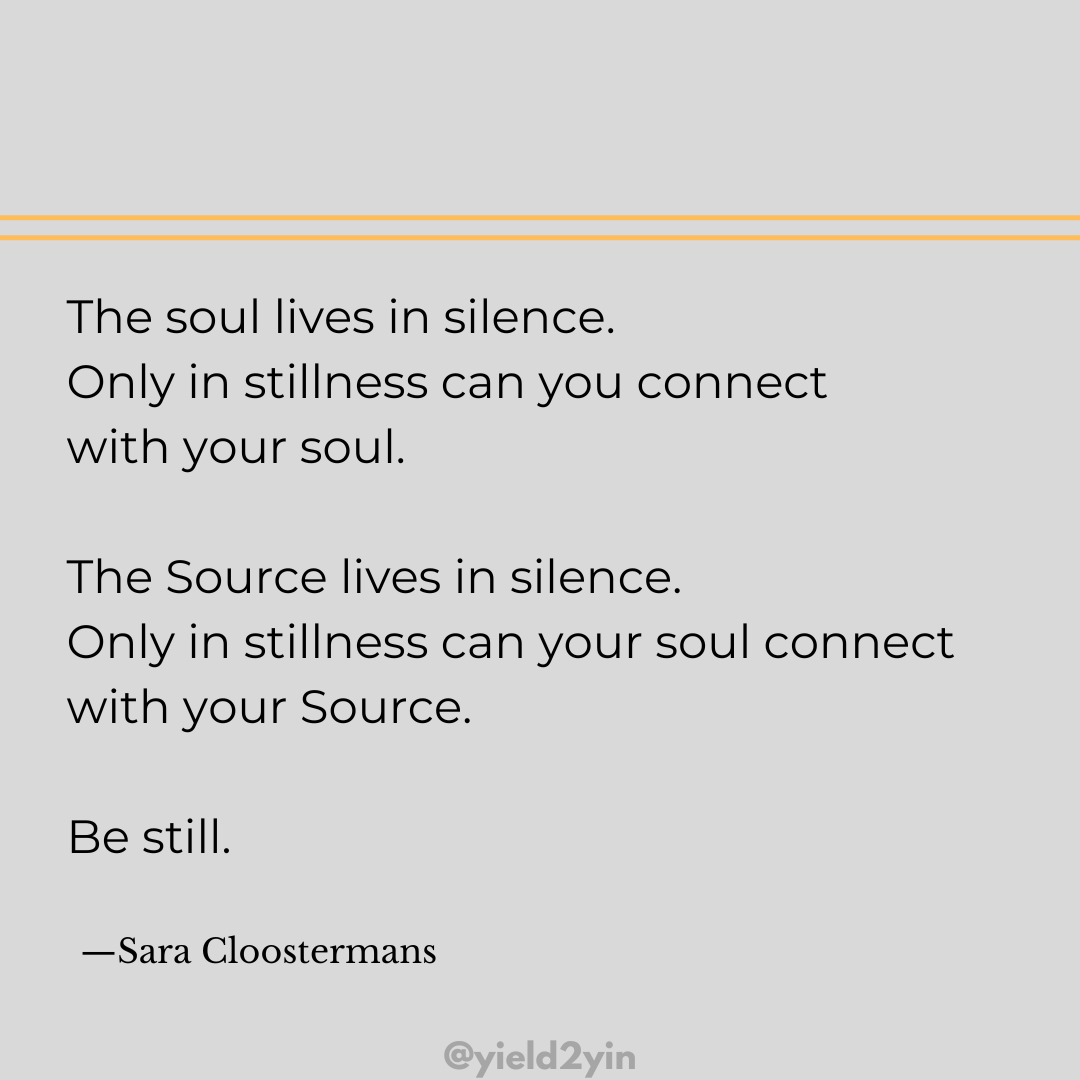Both pregnancy and postpartum, especially “the fourth trimester,” the first 3 months after parents bring their newborn infant home, need a lot more of our attention if the goal is to help parents successfully transition into parenthood.
It is a time that is characterized by significant emotional, physical, and practical lifestyle adjustments (incl. financial), which can be extremely overwhelming and taxing on the new parents’ well-being. It is therefore essential we apply a holistic approach to effectively support growing families, so we can empower them to navigate this transformative period with more confidence and ease.
3 Tips to Help Women During Pregnancy
1. Validate, Validate, Validate
Everyone’s experience during pregnancy is different. Some women feel the glow; others feel utterly miserable. Some women love being pregnant; others hate it. All of it is normal. Whatever it turns out to be is real, and therefore valid, for each individual pregnant woman.
So validate her.
If she is in her happiest glow and feeling amazing – relish in it with her. Don’t bombard her with “Just you wait…” or “Sleep now because you’ll never sleep again!” types of comments.
If she is really struggling physically or mentally – hold space for her. Don’t shame her with “But it’s such a miracle!” or “You’d feel better if you were more positive…” types of comments.
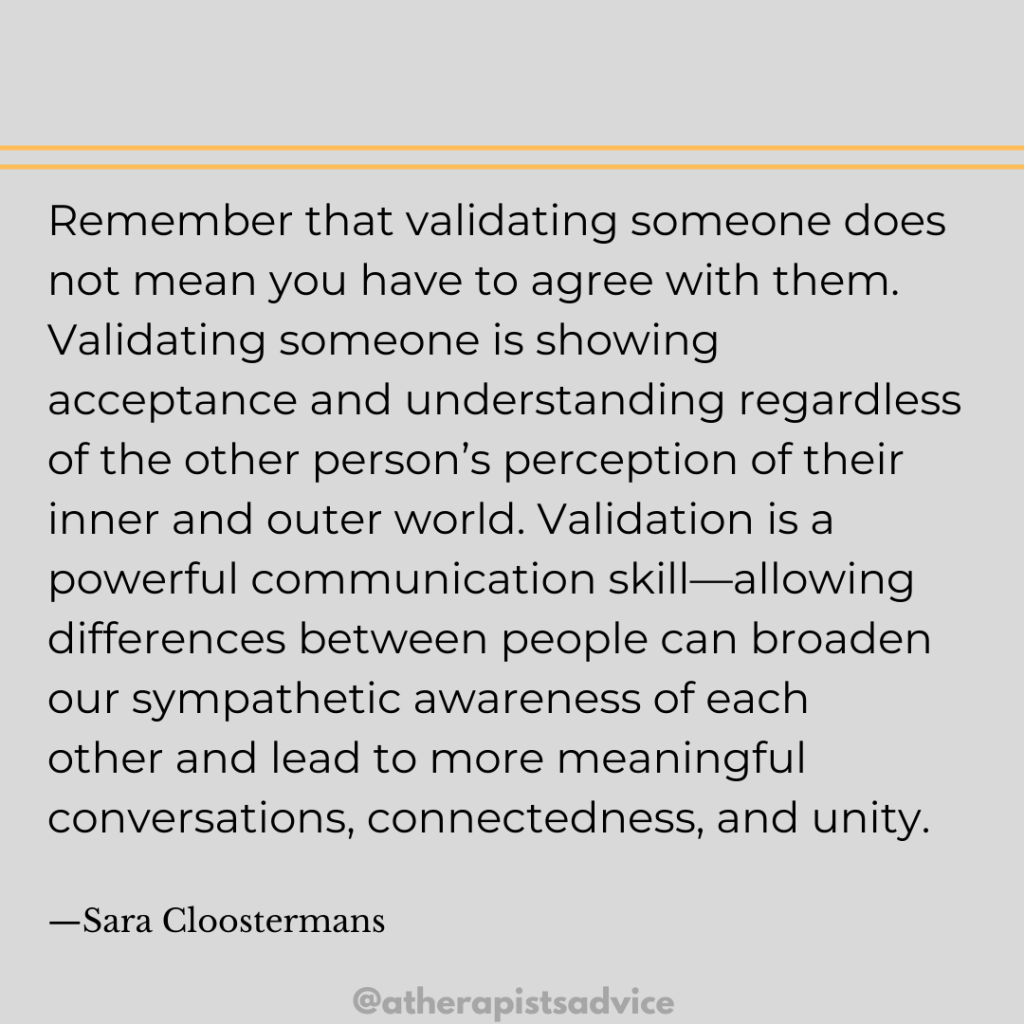
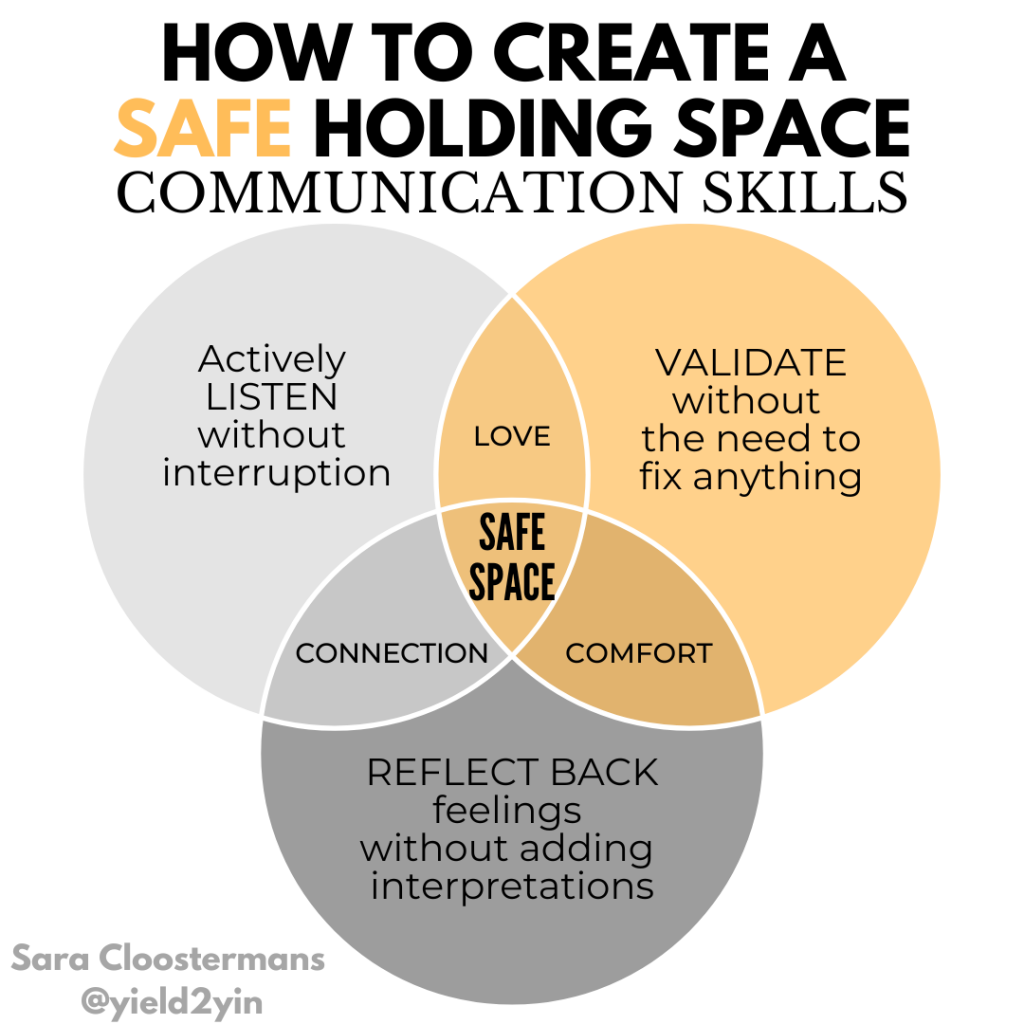
2. Keep Your Suggestions To Yourself Unless Asked
This mother is THE mother.
- Maybe she’s planning on bottle feeding from the beginning, but you really loved nursing and feel like that’s the best route. There is no need to mention that.
- If she wants an epidural, but you think it’s better to go medication-free. There is no need to mention that.
- If she wants to do a water birth, but you think it’s better to deliver in a bed. There is no need to mention that.
When a pregnant woman asks you for advice, you can offer your experience and wisdom. Otherwise, meet her decisions with kindness, curiosity, and the appropriate respect for her autonomy over her own body and her baby’s well-being.
3. Help Her – Physically, Financially, Emotionally
Pregnancy is a lot on the body, mind, spirit, and checkbook. If you are in a position to help, this is a great time to do so.
- Offer to go on a walk with her and ask her how she is doing. Respond in non-judgmental ways.
- Encourage rest and recovery – offer to take some to-do list items off her list, so she can take a nap or just lie on the couch for a little while. You could pay for a house deep cleaning service, offer to take her other children to the park for an hour, go grocery shopping with her grocery list, make a few meals and drop them off, etc.
- Offer to pay for a pelvic floor physical therapy session (rarely covered by insurance in the U.S., but so impactful for a comfortable pregnancy), a prenatal massage, a pedicure (especially when she can’t reach her toes!), a home improvement store gift card for nursery projects, or even some meal prep kits to help make those tired evenings faster and easier.
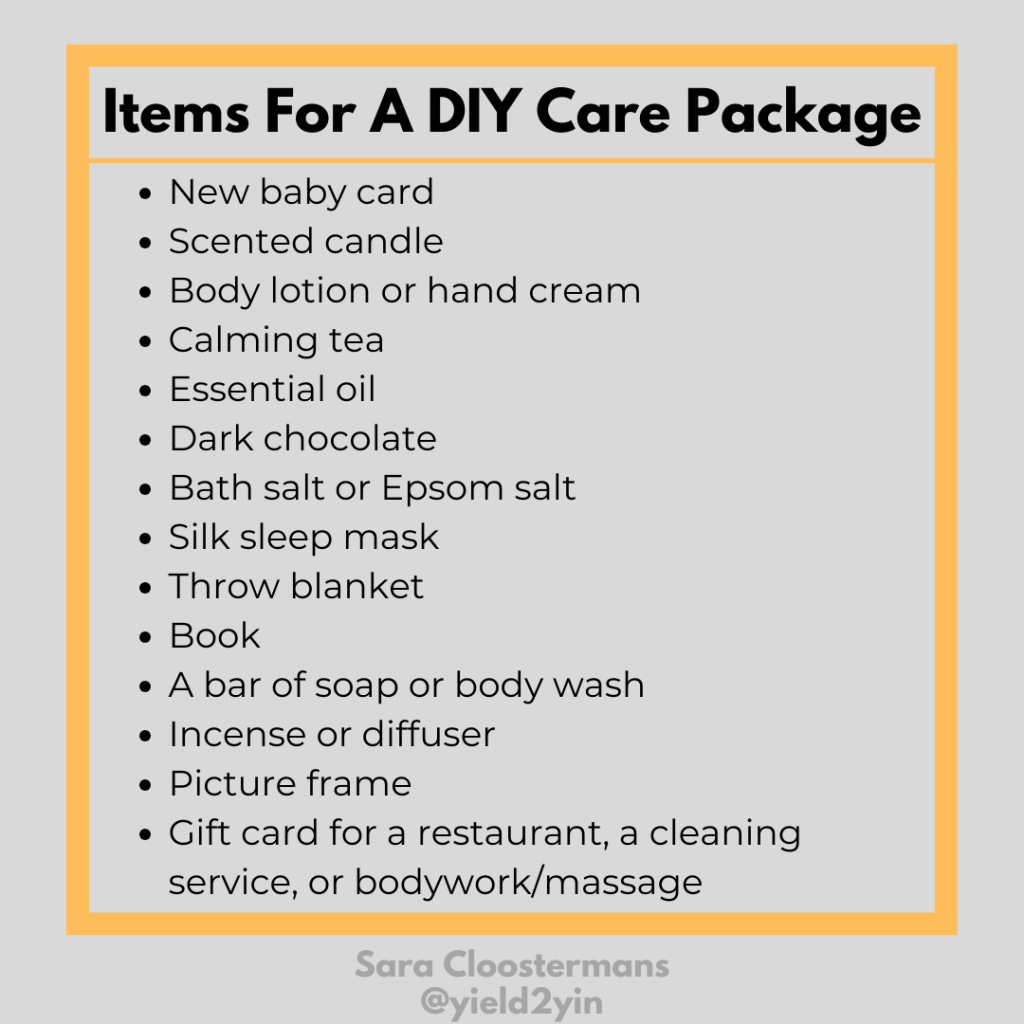
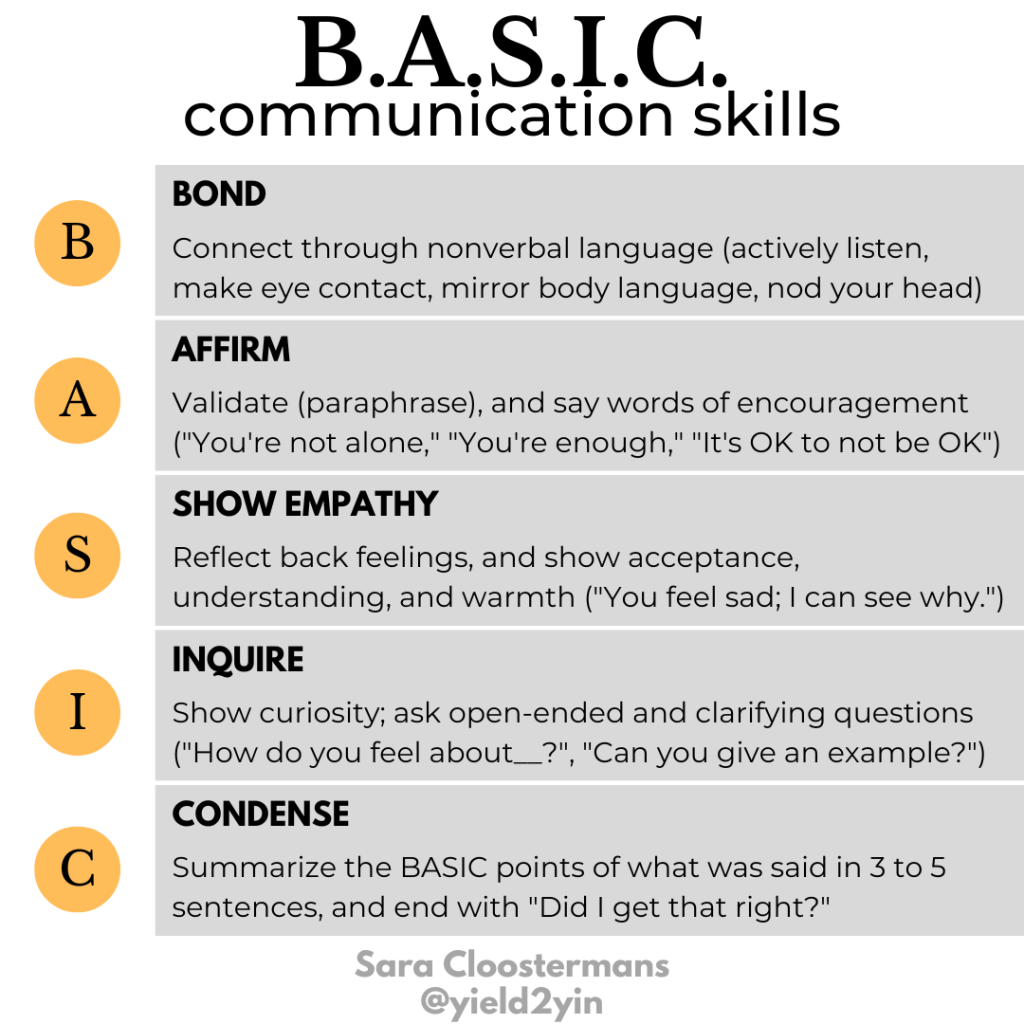
5 Tips to Help New Moms (& families!) During Postpartum
Some cultures are really good at pouring support on postpartum women and families; some cultures expect new parents to deal with postpartum largely (or entirely) on their own. If we live in a latter culture, in order to become the former type of culture (the one that is good at pouring support on new families), let’s ALL assume that EVERY family with a brand new baby needs an extra hand.
It is then crucial that we make sure our help is actually helping. Here are some ways to do just that for a new postpartum mom that also leave enough room for her unique needs and wants.
1. Help the Mother – Don’t Replace Her
The desire to hold a fresh, new baby and snuggle them is a strong one. They cuddle right in. It’s precious. In many cases, however, what a new mom (or dad!) is looking for isn’t help holding the baby. After a long wait, it’s their time now. Their time to bond and connect and snuggle and coo.
The real help a new mom needs is with all the other stuff she can’t do while holding and feeding her new baby.
Don’t offer to hold the baby so the mom can prep lunch; offer to prep lunch so the mom can hold the baby.
And when you do get to hold the baby, don’t hog the baby. A few minutes of sweet snuggles is precious, but holding the baby for longer periods of time is not considering the feelings of the new mother or father who would like to bond.
Pro tip: A great time to get snuggles in is often while mom and/or dad are taking a nap or shower! Offering a baby watch when the new parents are ready for some shut-eye or to freshen up is a win-win for those craving some longer baby snuggles.
2. Show Up Respectfully
Rule #1: Never show up to a home with a new baby unannounced (actually a good rule for healthy boundaries in general!). Schedule a time and check in before getting in your car to make sure nothing has changed.
Rule #2: Do not show up empty-handed. Bring a meal, some diapers, or even necessities like eggs, milk and bread.
Rule #3: Acknowledge the parents (and older siblings!). Yes, that new baby has magnetic superpowers. But the new parents (and older siblings) are still human beings who are going through one of the biggest moments of their entire life, so don’t ignore them. Give them a hug, chat with them, ask them how they are feeling, and THEN go to the baby. And, if you’re at all worried about the mom’s mental health, you may want to pass along a simple questionnaire that helps identify depression.
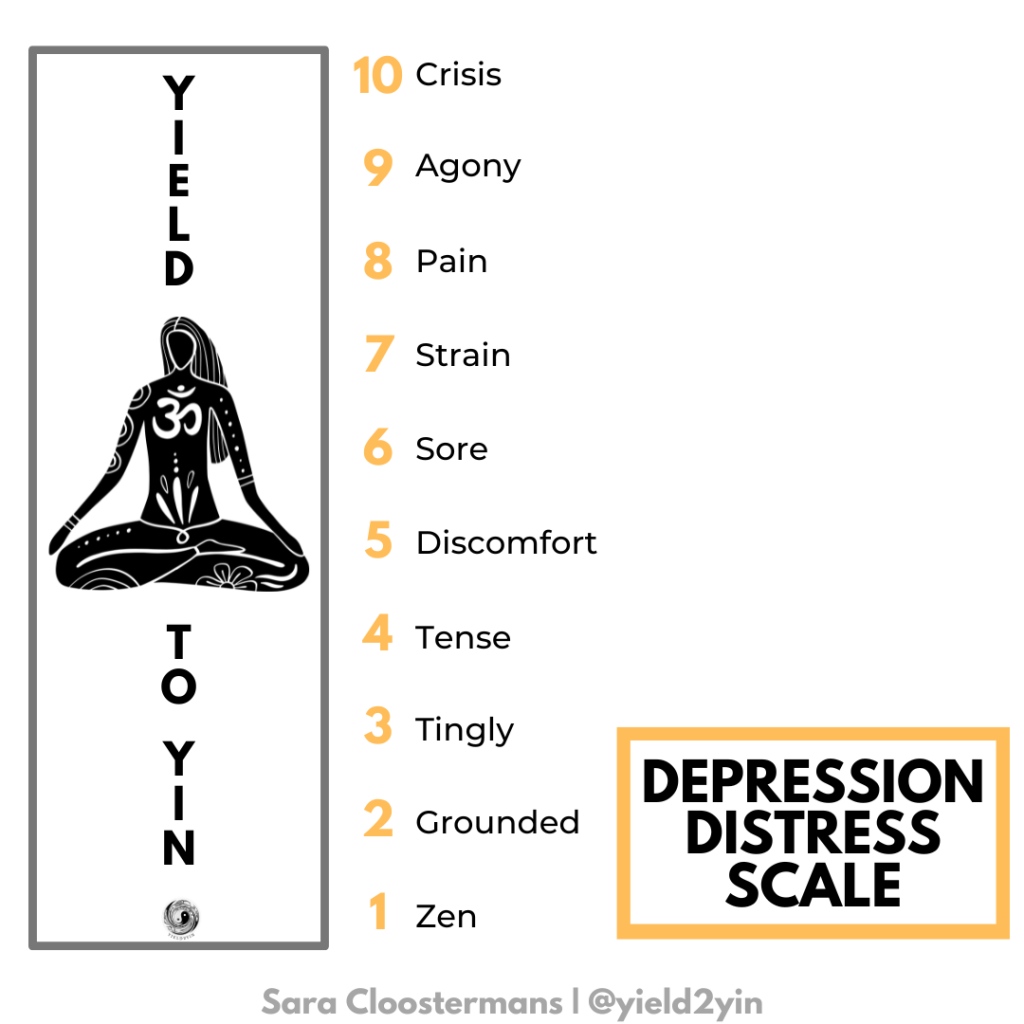
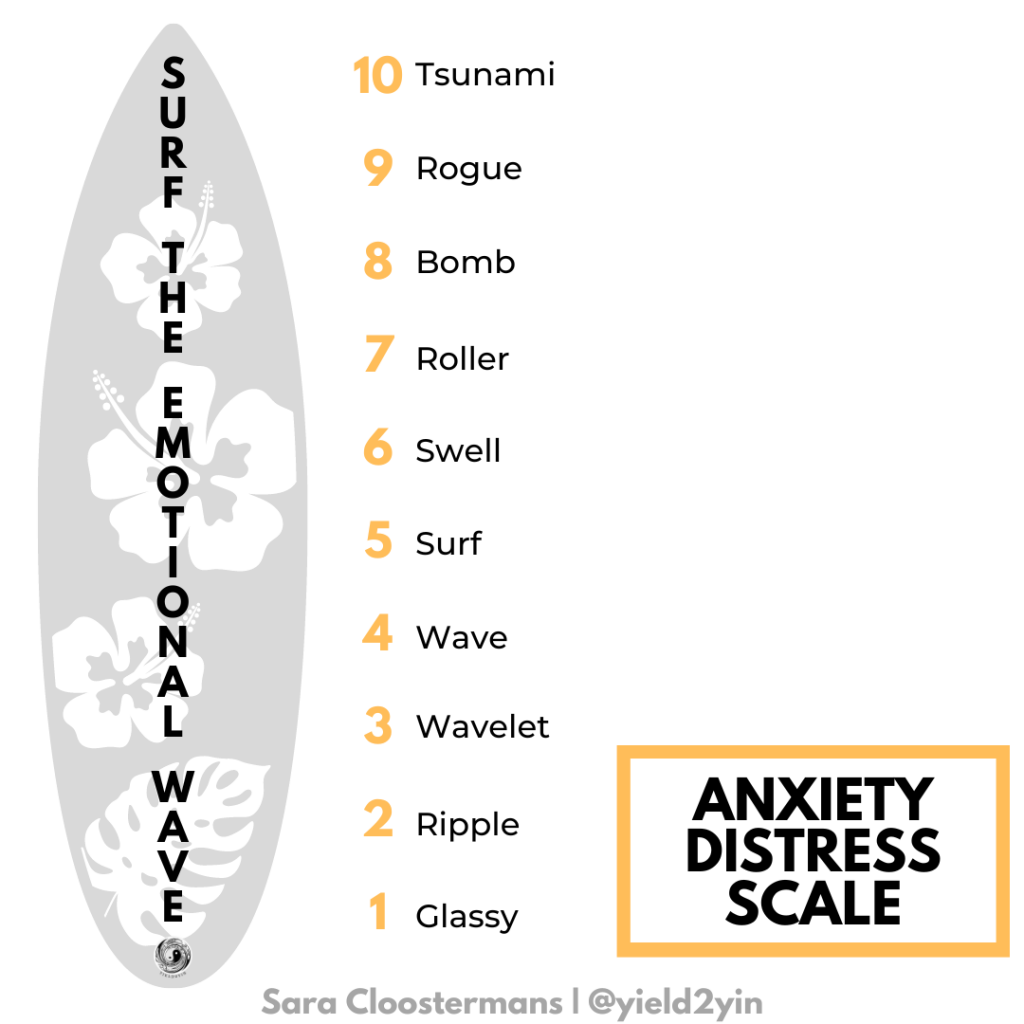
3. Offer Choices
Asking new parents what you can do to help is often too overwhelming – there are a hundred things that need to be done. Instead of an open-ended question, try offering 2 or 3 suggestions.
“Would you like me to do a load of laundry and the dishes while the baby sleeps, so you can play with your toddler? Or would it be better if I took the toddler to the park while the baby sleeps, so you can have some time alone?”
“I have some time this afternoon. Would you like me to mow the lawn or go to the grocery store?”
4. Shower Her With Empathy and Tender Loving Care
The baby isn’t the only one who needs extra care. Any brand new tired parent needs some extra empathy and TLC, especially a mother who just went through pregnancy, labor, and delivery – she needs just as much tenderness and loving care as the new baby. Maybe even more. When she’s well-cared for, she is best equipped to meet the needs of her little one.
Here are some things you can do to help a mother who is recovering from delivery:
- Change her sheets (if she’s comfortable with you doing so): From postpartum night sweats to leaking breasts, sheets need extra changing those first few weeks, and that can feel like an exhausting job.
- Make her nourishing snacks: Healthy and delicious snacks make eating easier for any overwhelmed new parent, but they are even more helpful for nursing mamas who need extra calories. Here’s a really popular lactation cookie recipe!
- Cater to her: Bring her a glass of water if she’s “nap-trapped” or feeding, put her take-out food on a nice plate so she feels a sense of normalcy (and then wash it for her!), bring her a little self-care basket with a new lotion and sheet mask.
- Get her a manicure/pedicure gift card: Getting your nails done is a self-care moment that will help a new mom feel both pampered and cute – plus, they are short enough appointments that she can do it in between nursing sessions, if needed. A massage gift card can be great too after the first month to 6 weeks, once she feels comfortable lying facedown on a table.
- Pay for something: So many vital postpartum services are not covered by insurance in the United States. A new mother may be avoiding something she needs because of finances. Offer to pay for a Pelvic Floor PT appointment, a month of chiropractic care, a therapy session. A great way to make them feel comfortable is to not put them in the position of having to ask. Try something like, “I’d love to support your self-care by paying for your postpartum physical therapy consult. Is Venmo okay?”
- And: never ever comment on her body.
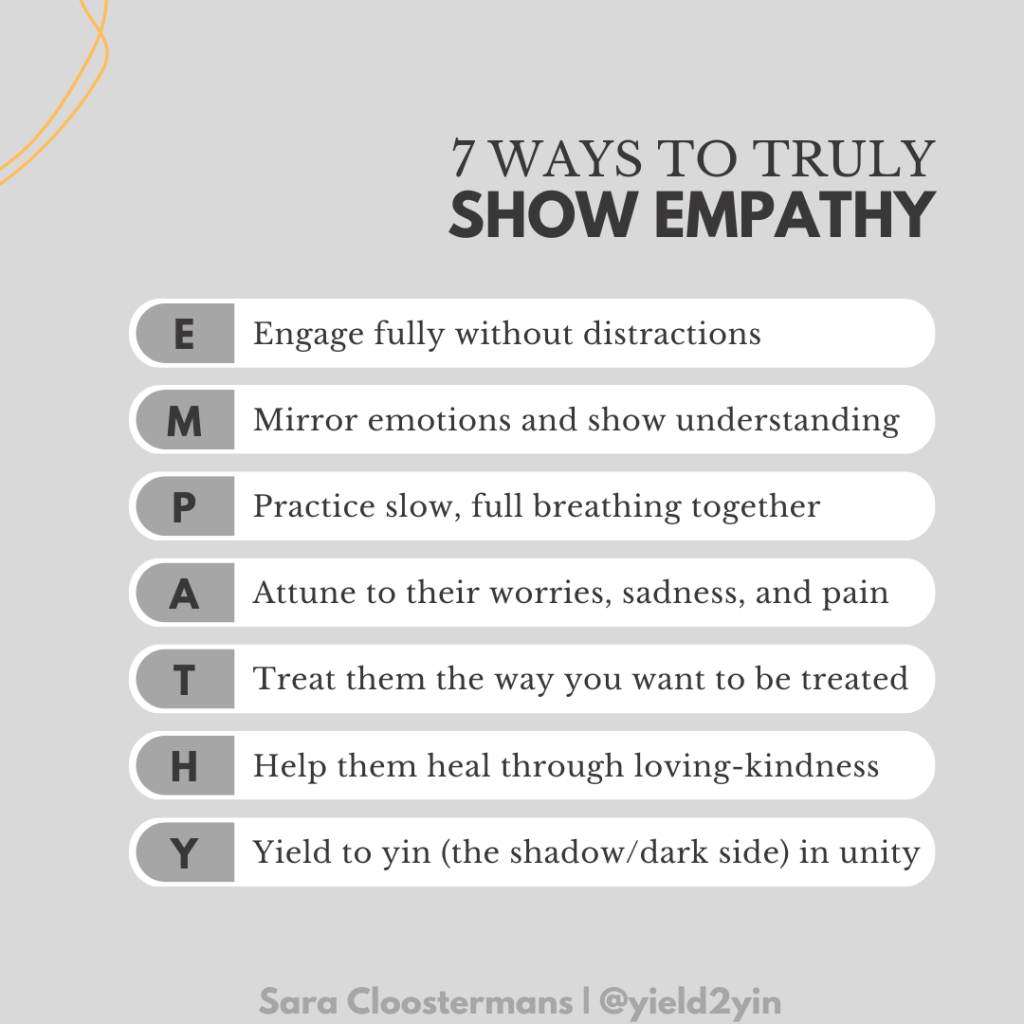
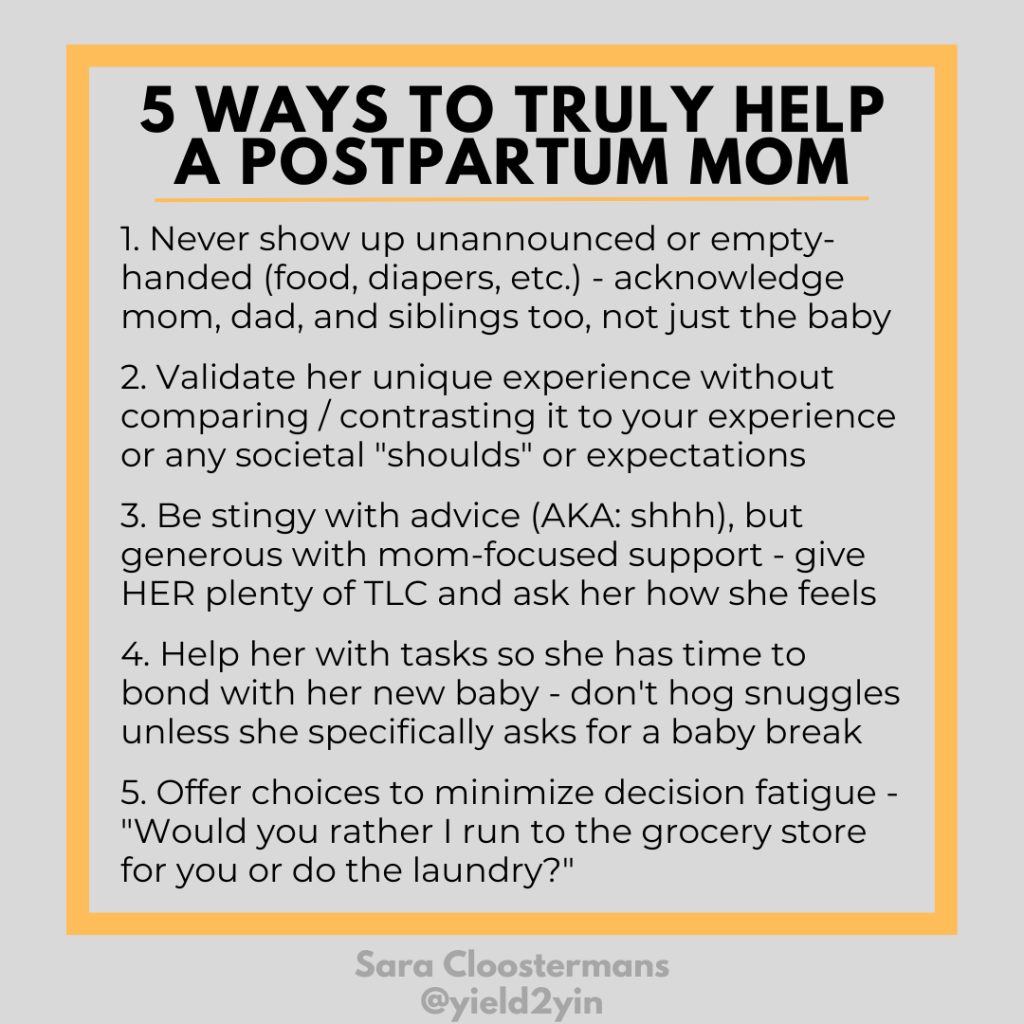
5. Provide Access to Educational Resources (postpartum health, support groups, breastfeeding)
If a new mom is struggling with anything—mental health, loneliness, breastfeeding—they may recognize that they need help, but feel too overwhelmed to figure out where to receive that help.
If she expresses the need for help, the fifth and final helpful tip is that you can aid her in connecting with the right people and organizations. Most cities have local resources for lactation and moms’ groups, but here are some quality mental health resources for everyone.
Postpartum Resources:
- Postpartum Health Alliance
- Postpartum Support International
- Perinatal Mental Health Alliance for People of Color
- The Shades of Blue Project Maternal & Mental Health Resource Center for Black and Brown Birthing People
- The Postpartum Stress Center
- The Center for Women’s Mental Health at Mass General
- The Motherhood Center of New York
- Maternal Mental Health Alliance UK
Related Posts: Postpartum Mental Health 101 & My Postpartum Experience

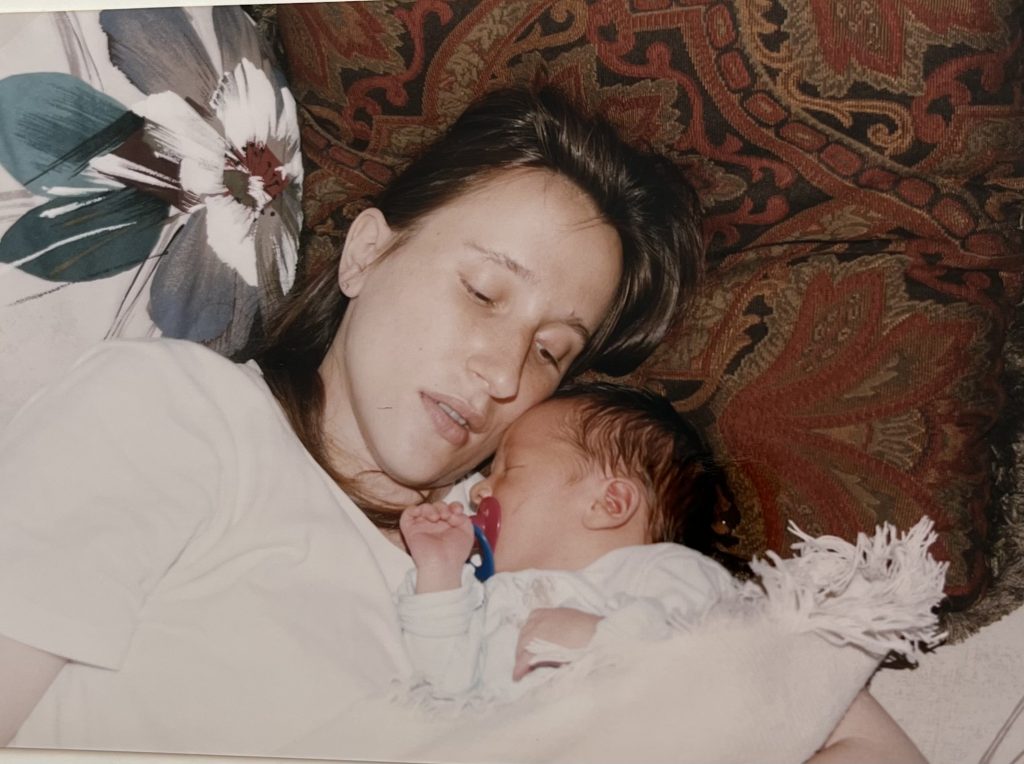
Yield2Yin
- Healing Card Deck: A Therapist’s Advice 55-Card Healing Deck by Sara Cloostermans
- Spark Mamas: Meaningful Gift Ideas to Help Mothers Thrive through Parenthood
- Book Recommendation: Feng Shui Mommy: Creating Balance and Harmony for Blissful Pregnancy, Childbirth, and Motherhood by Bailey Gaddis
- Mantra: I AM REBIRTH // with diaphragmatic breathing
- Yin Yoga Asana: Bridge Pose







